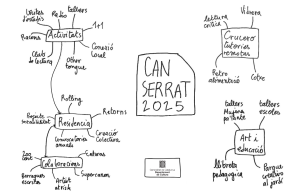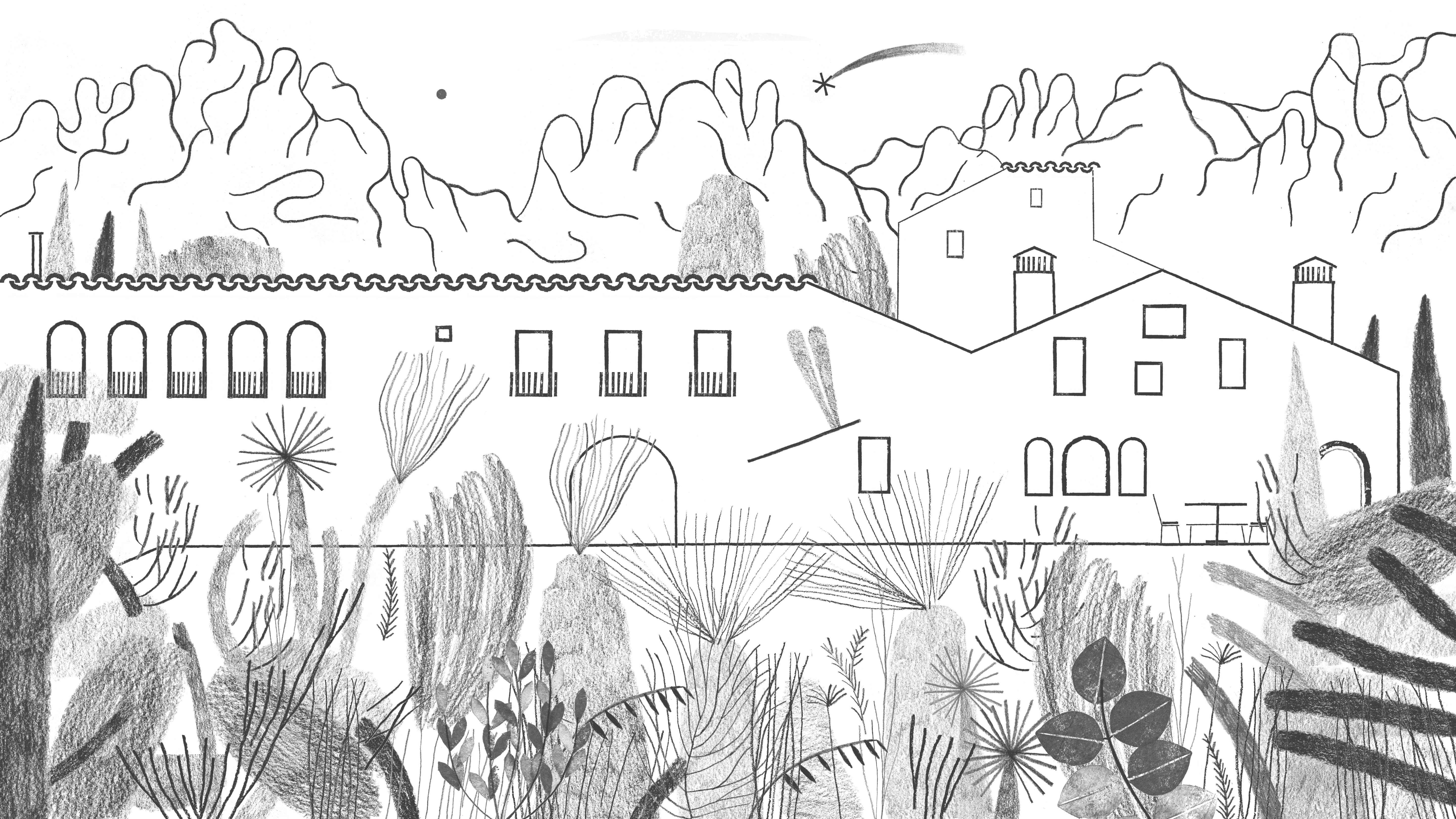
The international residency program invites writers and contemporary artists from around the world to take part in short- and medium-term residencies. Can Serrat opens calls throughout the year, some of which include one or two full grants and several partial grants. Selected projects are evaluated by a jury.
All calls are published on the website, social media, and other platforms such as Transartist, Art Connect, and Call for Entries.
The residency program supports artistic and literary creation in process by offering time, space, follow-up, individual and collective support, and a professional network since 1989. Monthly activities are organized to activate the research of projects in development and to encourage connections with the environment: conversations, a reading club, visits to relevant spaces, an open dinner with the local community, studio visits, and project presentations, to name a few. These activities reflect a commitment to being present in order to process, research, question, doubt, understand, and engage in discussion.
Can Serrat is an ideal space for those looking for a peaceful rural environment to create, live in community, build networks, and explore collaborations.
There is no expectation of a finished product at the end of the residency, and the program does not aim to organize gallery exhibitions.
Residents are free to organize additional activities, and there is also the possibility for staff to organize spontaneous events based on the interests of the group.
As Can Serrat is a live working space, with many individuals and groups coming through during the year, it experiments with sustainable ways of maintaining the home, as well as being present in the content of the work and in each person’s practice.


 Español
Español Catalá
Catalá